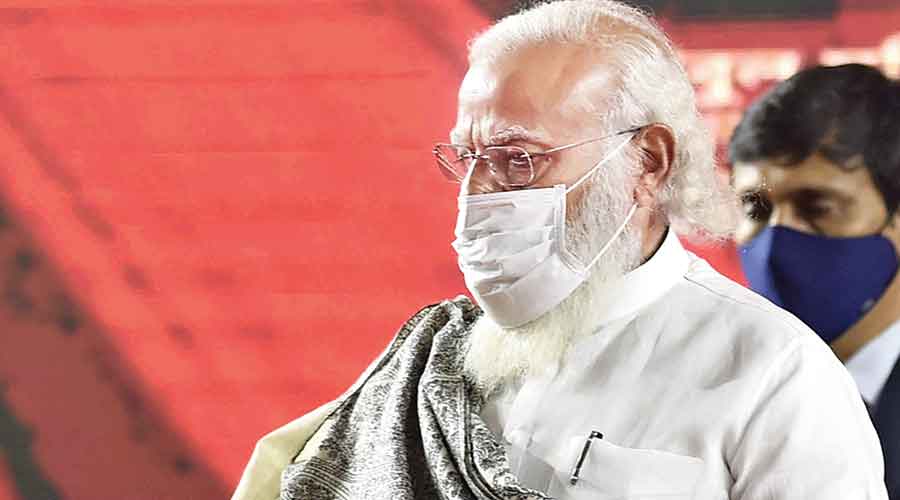Democracy is supposedly the very antithesis of autocracy. Ideally, what distinguishes democracy from a totalitarian polity is free and fair elections. In a worrying development, the traits that distinguish free societies from those in shackles seem to be merging. Thus, distinctly authoritarian regimes that impose restrictions on fundamental freedoms are borrowing the fig leaf of unfettered polls to keep up with the charade of democracy. India’s anointment as an ‘electoral autocracy’ by the Varieties of Democracy Institute, which assesses democratic conditions on the basis of a wide range of parameters, is indicative of this global regression. India registered a precipitous decline — by as much as 23 percentage points — between 2013 and 2020, to be bracketed, along with Hungary, Brazil and Turkey, as an ‘autocratizing’ nation. The largest ‘democracy’ in the world has, according to this report, accomplished several other feats: in matters of censorship, India, to cite one example, performed as ruthlessly as Pakistan, something that Narendra Modi’s muscular government would perhaps contemplate on. V-Dem’s findings are consistent with other contemporary international inferences on the quality of democracy prevailing in India: Freedom House designated India to be ‘partially free’ recently.
The erosion of freedoms in India seems to be consistent with the retreat of liberal democracies around the world. Mr Modi’s government, unsurprisingly, has contested such reports repeatedly. But it cannot deny that the signs of authoritarianism are too stark to be wished away. The Indian media are facing an unprecedented crisis with large segments of the fourth estate having turned into cheerleaders of the government. The handful of independent voices that remain in this fraternity are being silenced with the help of legal instruments such as sedition and defamation. Civil society members, those who have the courage to speak truth to power, are being incarcerated. False narratives curated by the powers that be, polarization of the citizenry, the weakening of the secular ethic and targeted discrimination of minorities — some of the other facets of an emerging autocracy — are at play as well. Institutions that serve as the bulwark of democracy must regain their spirit and purpose for India to arrest its slide. But such an awakening looks unlikely unless citizens themselves take up the cudgel for the sake of democracy. Otherwise, India’s claim of being a democratic entity would soon be taken with a generous pinch of salt.











